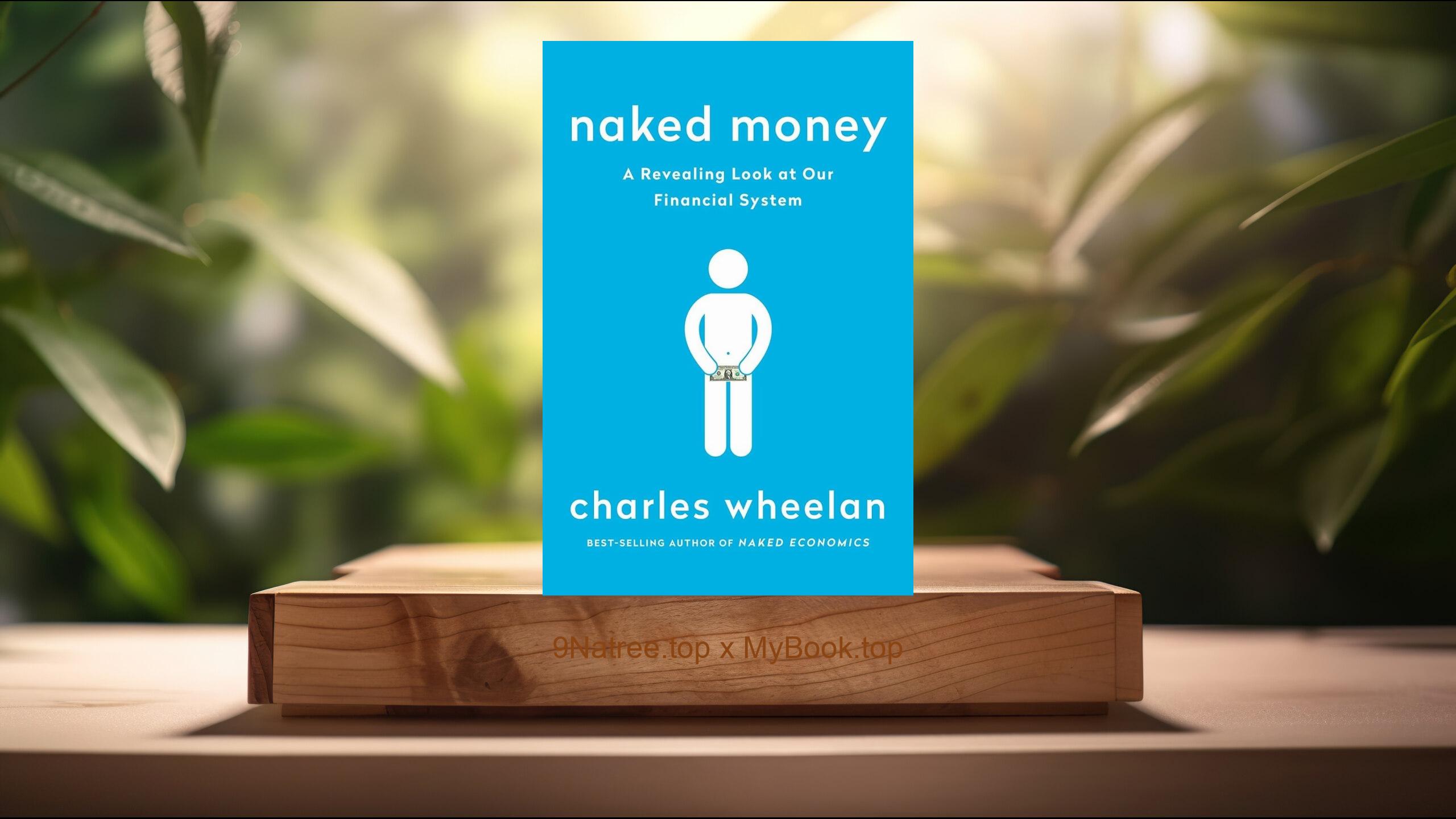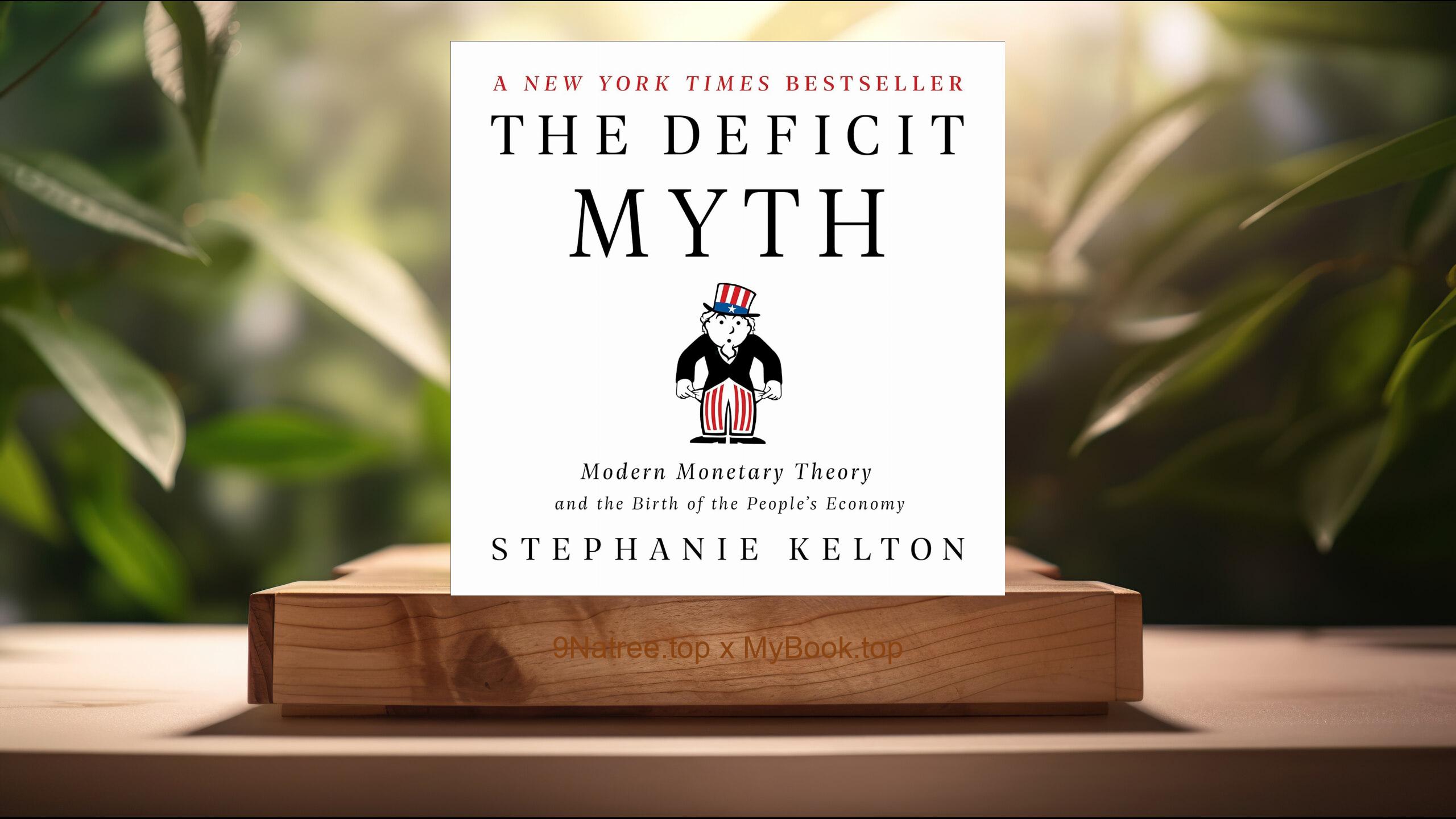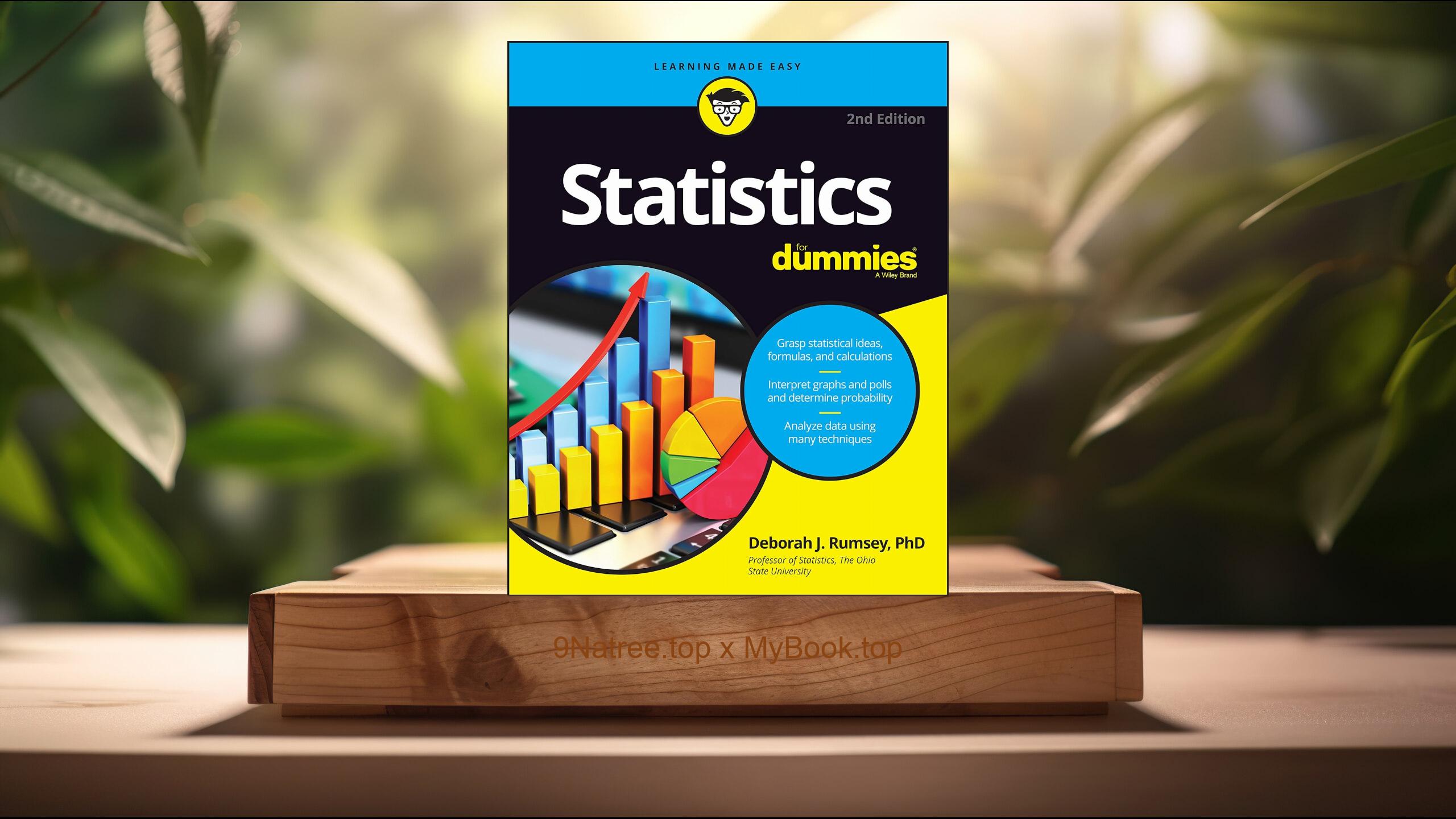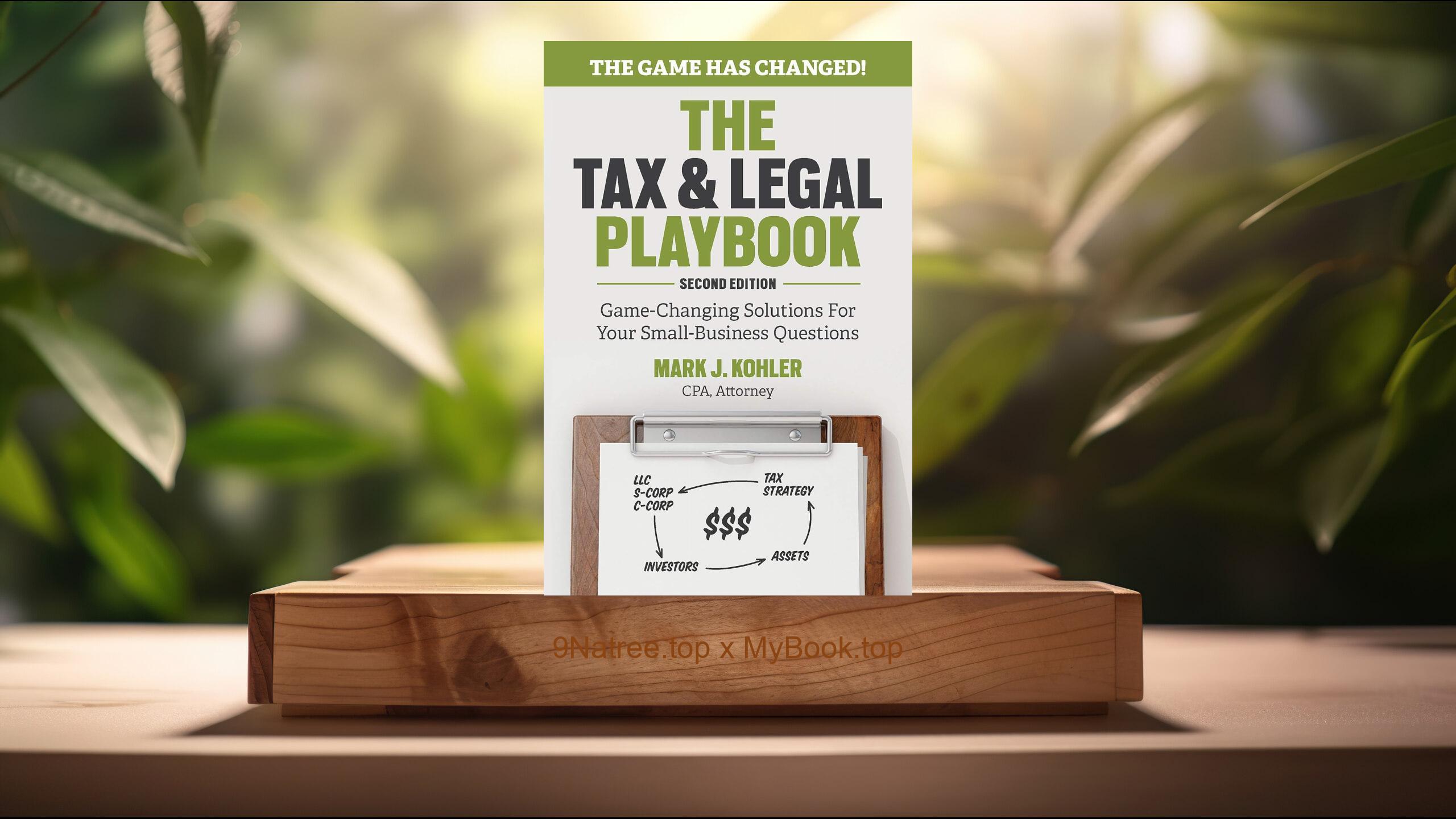Show Notes
- Amazon US Store: https://www.amazon.com/dp/022673479X?tag=9natree-20
- Amazon Worldwide Store: https://global.buys.trade/Capitalism-and-Freedom-Milton-Friedman.html
- Apple Books: https://books.apple.com/us/audiobook/capitalism-and-freedom-fortieth-anniversary-edition/id1646584137?itsct=books_box_link&itscg=30200&ls=1&at=1001l3bAw&ct=9natree
- eBay: https://www.ebay.com/sch/i.html?_nkw=Capitalism+and+Freedom+Milton+Friedman+&mkcid=1&mkrid=711-53200-19255-0&siteid=0&campid=5339060787&customid=9natree&toolid=10001&mkevt=1
- Read more: https://mybook.top/read/022673479X/
#EconomicFreedom #MonetaryPolicy #FreeMarketCapitalism #LimitedGovernment #EducationVouchers #CapitalismandFreedom
These are takeaways from this book.
Firstly, The Relation between Economic and Political Freedom, Milton Friedman articulates a central theme in 'Capitalism and Freedom' that economic freedom is not only a necessary condition for political freedom but also a catalyzing force for it. He posits that when individuals have the autonomy to conduct economic activities — such as starting businesses, trading, and engaging in voluntary exchanges — without excessive government intervention, political freedom flourishes. Friedman supports this assertion with historical examples and logical reasoning, illustrating how economic controls can lead to restrictions on political freedoms. He warns of the dangers when governments harness economic power to influence or control the populace, arguing this often leads to authoritarianism. Through his analysis, Friedman challenges the view that state intervention is needed to protect individuals, advocating instead for a minimal state that provides the framework for free market operations.
Secondly, The Role of Government in a Free Society, Friedman outlines a limited but crucial role for government in a free society, proposing that its primary functions should include the protection of individuals from coercion and violence, the enforcement of contracts, the provision of public goods that cannot be efficiently supplied by the market, and the maintenance of competition. He strongly opposes widespread government control over the economy, arguing that such control undermines economic freedom and, by extension, political freedom. Friedman discusses the negative implications of policies like price controls, tariffs, and subsidies, showing how they lead to inefficiencies and reduce competitiveness. Instead, he suggests that the government should act as a referee, setting the rules that allow the market to operate freely and efficiently, thereby promoting societal welfare and freedom.
Thirdly, Monetary Policy and the Federal Reserve, A significant portion of 'Capitalism and Freedom' is dedicated to monetary policy and the role of the Federal Reserve. Friedman criticizes the Federal Reserve's policies and its impact on the economy, particularly its role in the Great Depression. He advocates for a monetary policy rule, specifically the K-percent rule, where the money supply would grow at a constant rate each year, proportional to the overall economic growth. This approach, Friedman argues, would prevent the excessive manipulation of the money supply by the central bank and reduce economic instability. He believes that a predictable monetary policy would contribute to a stable economic environment, fostering growth and reducing the likelihood of inflation or recessions. Friedman's views on monetary policy have significantly influenced subsequent economic thought and policy.
Fourthly, Education and the Role of Government, Friedman presents a groundbreaking argument for the privatization of education in 'Capitalism and Freedom.' He criticizes the inefficiency and inequity of the public education system, proposing a voucher system wherein parents would receive government-funded vouchers to spend on their children's education at schools of their choice, whether public or private. This, Friedman argues, would introduce competition into the education sector, improving quality and efficiency as schools would be incentivized to meet the demands of students and parents. He contends that such a system would better serve diverse societal needs and lead to a more educated and free citizenry. Friedman's proposal for educational reform has sparked significant debate and remains a point of reference in discussions about education policy.
Lastly, The Social Welfare System and Poverty, Friedman critiques the conventional welfare state model, arguing it creates dependency and disincentives for work. He suggests replacing comprehensive welfare programs with a negative income tax, which would provide a guaranteed minimum income level to all citizens. This system, according to Friedman, would simplify welfare, reduce bureaucracy, and encourage employment, as it would not penalize people for earning additional income. By ensuring that the safety net is a floor rather than a ceiling, Friedman believes the negative income tax would strike an optimal balance between providing for those in need and maintaining economic incentives for productivity and work. This proposal encapsulates his broader philosophy that the best way to alleviate poverty is not through redistributive policies but by fostering an environment where economic freedom and competition can thrive.
![[Review] Capitalism and Freedom (Milton Friedman) Summarized](https://episodes.castos.com/660078c6833215-59505987/images/1847037/c1a-085k3-dm6kxdnmi88g-527ars.jpg)




